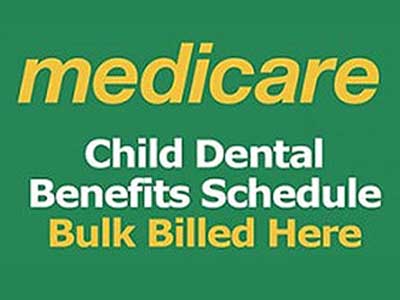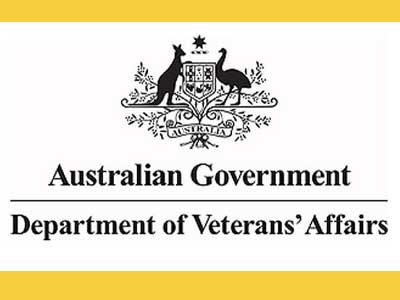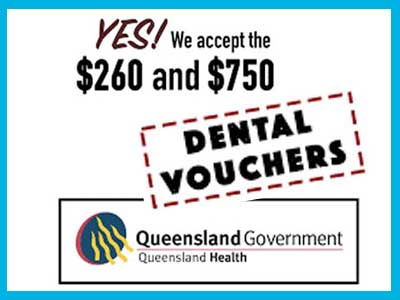Snoring
Snoring - Sleep Apnea
If you struggle with snoring and sleeplessness, the first person you call is your dentist. These can be the some of the initial signs of a condition called Sleep Apnea.
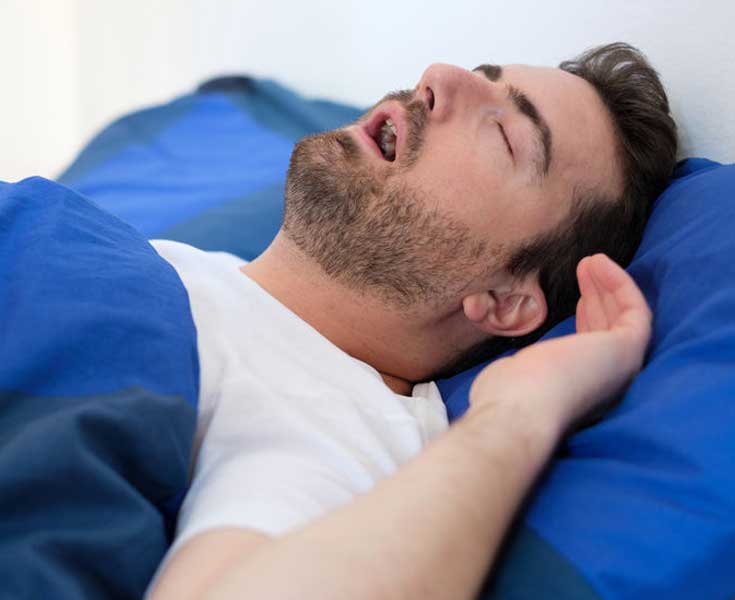
What is sleep apnea (snoring)?
Sleep apnea is a severe condition and requires immediate treatment. Sleep apnea can cause repeated breathing interruptions throughout the night. The pauses can last for a few seconds to more than minutes and could occur 30 or more times per hour. The pauses happen because the muscles in the back of the throat may be flaccid or the jaw is too small or the tongue is too large. Obstructive sleep apnea can lead to high blood pressure, heart arrhythmias, heart attack, diabetes and even a stroke. Dentists usually work closely with physicians to treat snoring and sleep apnea. In some cases a CPAP (Continuous Positive air pressure) is recommended.
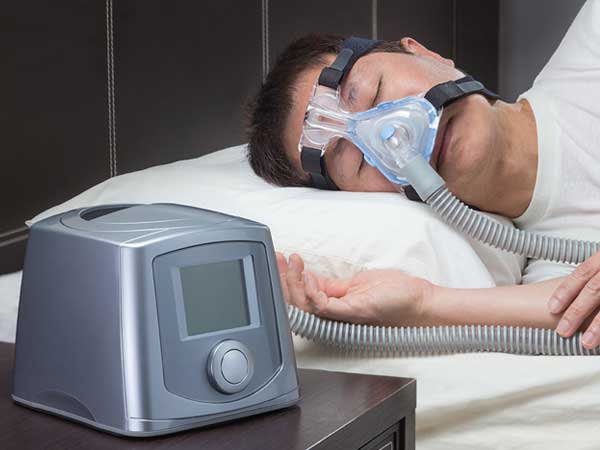
What are the signs of sleep apnea you should look for?
- Tooth grinding (Bruxism): Your dentist will look for worn tooth surfaces, breakage as well as inflamed and receding gums. Cavities are also sometimes a sign of teeth grinding because the teeth get damaged. While sleeping at night, when your jaw tenses and you grind your teeth, your brain gets a message to wake up so you can breathe.
- A small jaw, tongue with scalloped edges, redness in the throat due to excessive snoring
- Gasping for breath which makes you wake up often so that you sleep less and feel fatigued.
- Chronic snoring
- Daytime drowsiness, morning headaches, waking up with a dry mouth
- Periodontal disease
What are some of the options recommended by your dentist and physician?
Depending on the symptoms, your dentist may either diagnose and treat the symptom or work closely with your physician to understand better the underlying issues and then suggest treatment. apnea Your dentist will conduct a complete clinical evaluation including an examination of your teeth, jaw, tongue and airway.
- If your dentist thinks that you may have sleep apnea, a sleep study would be recommended.
- A custom-made night guard can help reduce grinding and the resultant headaches, cavities and jaw pain, thereby help with sleep apnea. Using a custom-fit oral sleep appliance is one way the best ways to treat excessive snoring and sleep apnea. This device resembles a sports mouth guard in appearance. It supports the jaw in a forward position which helps to maintain an open upper airway.
- Adjusting your sleep habits so that you don’t sleep on your back
- Using a device called CPAP (Continuous Positive air pressure) will improve your breathing while sleeping by supplying air through the nasal passages. The airway while sleeping is kept open by the air pressure.
- In mild or moderate cases, your dentist may recommend certain oral devices that can shift and support the jaw so as to prevent the airway from collapsing.
- Only if and when all other treatment options are unsuccessful in treating your diagnosis of sleep apnea will your dentist recommend surgery. The procedure may be minimally invasive or more complex depending on the location and the nature of the airway obstruction.
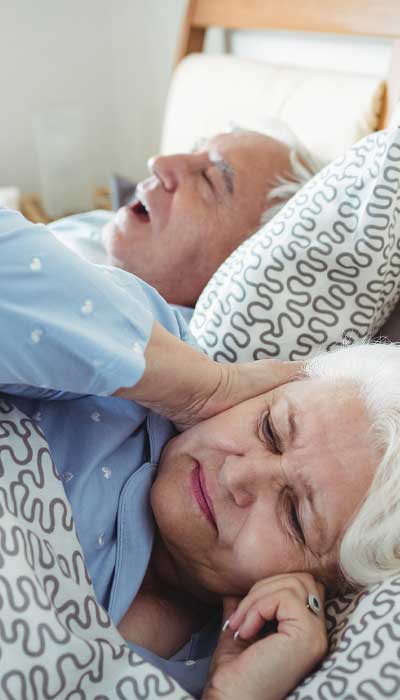
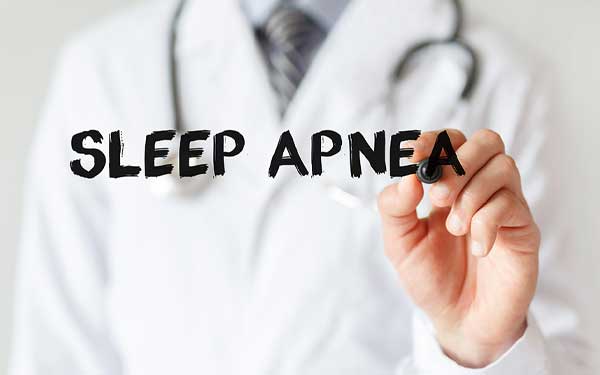
Chronic Snoring? Contact Dr. Manju
At Rochedale Central Dentist, Dr.Manju has a specific interest in the diagnosis and treatment for sleep apnea. Learning how to manage the problem not only improves your sleep but also restores and revitalizes your health. Our team will answer your questions and guide you through the process of understanding the problem and the techniques.
We Bulk Bill
We bulk-bill HICAPS, Kids eligible under child dental benefit scheme (CDBS), Veteran Affairs (DVA Gold Card), Emergency and General dental vouchers from QLD Government (Oral Health Services).
- HICAPS - for fast claims on the spot
- Veteran Affairs (DVA Gold Card) bulk billing options available
- Eligible kids are bulk-billed under Child Dental Benefit Scheme
- We accept general dental vouchers from QLD Government

